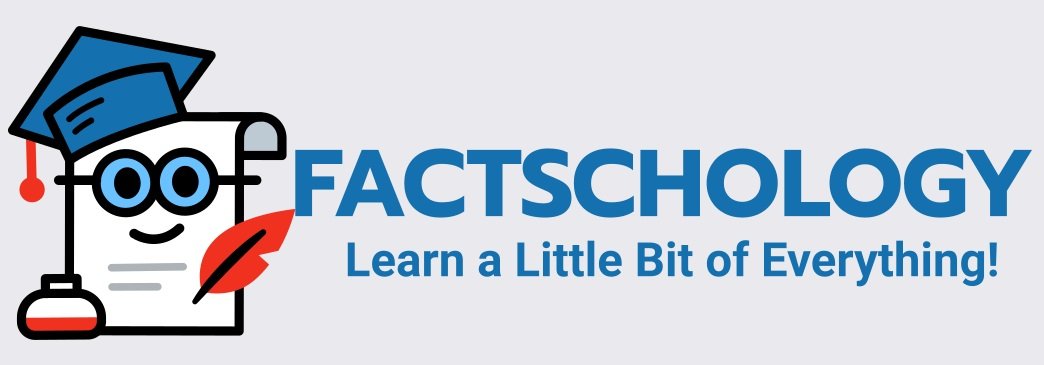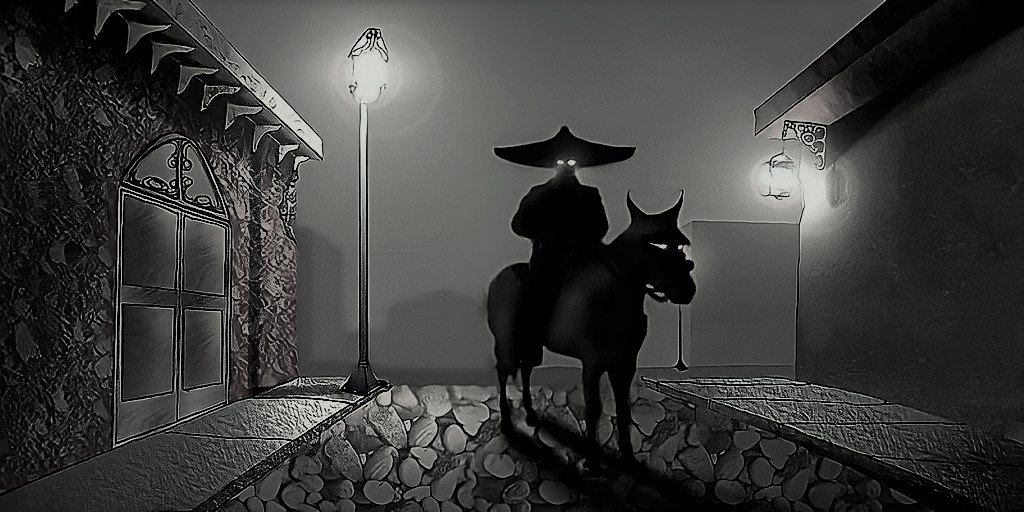How Russia, USA, and Olympics Cost McDonalds Millions
What’s the most American thing you can think of? Is it thinking that America only relates to the United States of America despite the other countries in America? Maybe, but you knew exactly what country I was talking about.
Is it ignoring the ever-increasing price and debt of the heavily politicized Healthcare industry that is literally forcing individuals to make life-or-death decisions between purchasing insulin or starving for the week?
…McDonald’s, the answer I was looking for is McDonald’s, not depression. But in order to become the most American thing in the United States, you have to advertise big and, along with a series of worldwide events, this led to McDonald’s costliest mistake at the 1984 Olympics.
Surprisingly I couldn’t find a stock image with an American Flag behind the golden arches….
The 1976 Olympics
In order to understand Mickey D’s mistake we’re going to have to go back to the 1976 Olympics held in Montreal, Quebec, Canada. McDonald's teamed up with a Chicago-based marketing company “Frankel & Company” who had a brilliant idea to get more people into McDonald's doors by using the Olympics.
It was simple really, when a customer made a purchase they would receive a scratch-off card. The card would reveal an Olympic event that was scheduled to occur during the Olympics and the date it was to happen.
If the USA won a medal, you could redeem the card at participating McDonald’s to get a corresponding prize. The USA wins gold - you get a free Big Mac, silver - you get fries, and finally bronze - you get a free drink.
The offer wasn’t widely promoted and wasn’t available everywhere, it was more of a trial run to see if they would expand the promotion in the following Olympics. When the following Olympics for the USA rolled around in 1984 it appeared as if their first trial was a success since they wanted to run it again.
You might be wondering why the following Olympics for the USA was in 1984 and not 1980 as the Olympics are typically every four years. That’s because when you have global events involving countries with different views and such, you tend to have boycotts from unhappy countries. And that’s exactly what happened in 1980 when 65 countries including the U.S., Canada, Israel, Japan, China, and others all boycotted the Olympics.
Why?
Civil War in Afghanistan
It’s a bit complicated but in 1979 Afghanistan was going through a civil war, the communist leader Nur Muhammad Taraki had been killed by his own party with support from the Soviet Union. On December 27th, 1979 the Soviet Union then invaded Afghanistan in order to attempt to set up a Communist regime that better reflected their communist views. It didn’t go well.
It took almost 10 years before Soviet troops withdrew from Afghanistan but during that time many countries, beginning with the United States under the leadership of President Jimmy Carter, denounced the actions taken by the Soviet Union.
Things were then made awkward when President Carter took a look at a calendar and saw the 1980 Olympics were scheduled to take place in Moscow, Russia.
Olympic Boycotts
That’s when calls to boycott the 1980 Olympics began and McDonald’s couldn’t run their little promotion. With the 1980s Olympics unable to provide data on how much free food they might give away in 1984, McDonald’s had to rely on the 1976 Olympics where the Soviet Union led the medal count with 125 total, followed by East Germany with 90 total; but more gold medals than the United States, who sat squarely in the 3rd spot with 94 total medals.
Those medal counts must have been an acceptable amount of free food to give since in 1984 McDonald’s went full force on their “scratch off for free food” promotion during the Olympics including running nationwide commercials.
Their slogan was even “U.S Wins, You Win.” And since the Olympics were scheduled to be in Los Angeles, California they didn’t have to worry about any pesky boycotts…
Or so they thought.
Because of the boycotts from the United States and 64 other countries during the 1980 Olympics, the Soviet Union elected to boycott the 1984 Olympics. But it didn’t end there, thirteen other countries also boycotted including East Germany.
If you remember (or just scroll up), in 1976 the 1st and 2nd place countries in regards to medals were the Soviet Union and East Germany, which meant McDonald’s was going to have to hope the U.S didn’t go crazy with victories while competing at home.
By the end of the Olympics the top three countries were West Germany in the third spot with 59 medals, Romania at number two with 53 total medals but more gold than West Germany, and the United States at the top with a total of 174 medals, 83 gold, 61 silver, and 30 bronze.
That’s a lot of free food and although McDonald’s never admitted to how much the entire promotion cost them, there were rumors several McDonald’s ran out of hamburgers during the course of it. There’s a good chance McDonald’s lost millions of dollars if not tens of millions.
The Cost of Promotion
So let’s run some rough, very rough numbers.
Using what’s called the “Big Mac Index”, that’s a real thing created by The Economist way back in 1986, this tells us a Big Mac was $1.60. Sure it’s two years after the Olympics but again rough numbers.
In 1969 McDonald’s announced they sold burger number 5 billion and in 1984 along with Ronald McDonald, news cameras, and a marching band, they cooked up burger number 50 billion. In those 15 years, McDonald’s had sold 45 billion burgers and according to everysecond.io about a fifth of all burger sales, are big macs.
This means during the 1984 Olympics, McDonald’s was making on average 1.6 million big macs a day, and if the promotion lasted a month in order to give customers time to redeem their winning cards that’s about 48 million big macs given away for free. At $1.60 per big mac that gives us a grand total cost of $76,800,000.
Of course, that would be an upper limit amount since it assumes every big mac was given away for free during the promotional period and I’m not including other costs such as the cost of supplies for making big mac that McDonald’s would have paid regardless. But if you include the free fries and soft drinks given away for free at the same time we can safely assume McDonald’s lost out on tens of millions of dollars.
What contributed to this was the constant cycle of free food and promotional scratch-offs. During the events, the scratch-offs were still being given out, even to customers who were cashing in on a previous scratch-off without making another purchase. And since the US won so many medals there was a high probability that the new scratch-off meant another free item and another scratch-off card.
Depending on how you look at marketing this campaign could be seen as either a success or a terrible mistake. Of course, if a smaller company had run the same promotion it would have been disastrous but at the time McDonald’s had over 6,600 locations in the U.S. with over 3 billion dollars in revenue.
Successful marketing is about getting that repeat business and increasing that word of mouth, seeing as how this “marketing blunder” is still talked about today and is currently influencing me to want McDonald’s, in the long run, the promotion may have been beneficial to McDonald’s but they never did run that same promotion ever again.













